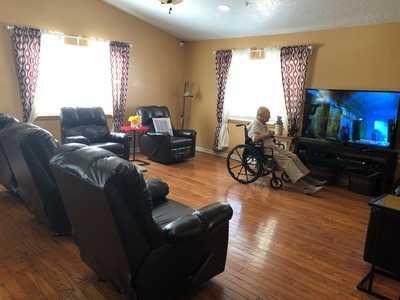
Private duty nursing can be described as a type of care that is provided by licensed nurses. Private duty nurses can be RNs or LPNs/LVNs. Private duty nursing offers many benefits. It offers flexibility in scheduling, one-on-1 care and more flexibility for caregivers. However, there are some drawbacks as well. Here are some cons to private duty nursing.
It was a flexible job
Private duty nursing was once an attractive alternative to a full time, reliable job. Instead of offering permanent positions for nurses, hospitals hired them on a per diem basis. This allowed them to work when they needed. This was to save money while still providing adequate staffing levels for their patients. The per-diem approach was dissatisfying for private duty nurses so many stayed in private-duty.
It was viewed as a wasteful of professional nursing resources
In the past, private duty nursing was a practice that many nurses considered to be a waste of professional nurse resources. Today, private duty nursing is more common. Many organizations have outlawed private duty nursing and nurse unions are speaking out against it. The reasons for this shift in opinion are simple: a shortage of staffing and a scarcity of resources in the drug rooms.
It's still very popular today.
Despite the increasing popularity of in-home care, private duty nursing is an unpaid form of care. The private nurse's services are usually paid for by the clients, although insurance may cover them proportionally based on their medical needs. Some insurance plans will pay for the entire care arrangement if the client requires medication only once a day. After the client ceases to require medical care, insurance will no longer pay for any nursing services.
